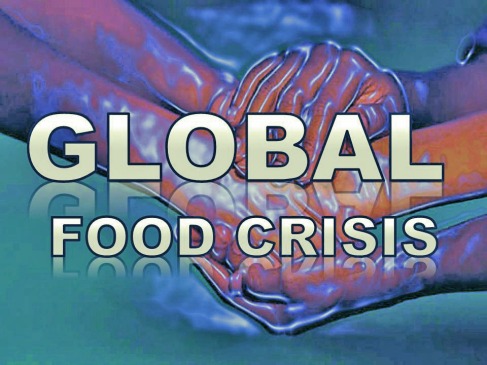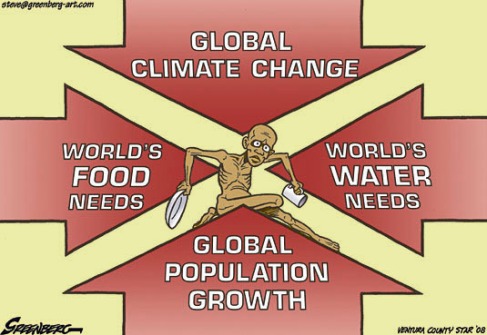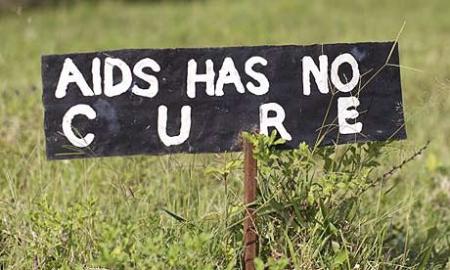Will the people be heard, or will the government ignore their pleas? Who decides what is best–the government who must look at global nuclear threats abroad, or the people who have to live with the devastation within–when nuclear power plants fail? The threat of global nuclear annihilation between countries is definitely a fear, however, there is another equal and terrifying threat that brews from within.
Two days before the second anniversary of the March 11th, 2010, earthquake and tsunami that took the lives of 19,000 people in Tokyo and surrounding areas in Japan, 13,000 common people (from farmers and fishermen, to housewives) came together in Tokyo in demonstration against the restarting of Japan’s nuclear reactors.

According to MSN’s news report, 160,000 people have left their homes around the plant, leaving behind ghost towns; upper most in their minds is the fears about cancer and other illnesses from radiation fallout. The number one recovery concern of the people is in saving their children’s future. In contrast, says Kazuko Nihei, 39 year old mother, “When the government talks about recovery they are talking about infrastructure. When we talk about recovery, we are talking about the future of our children.” The new prime minister, Shinzo Abe, is in favor of restarting the reactors, and maybe even building new ones, against popular citizen opposition. Furthermore, there is even a class action lawsuit against the government and the Tokyo Electric Power Company with 800 plaintiffs.(Thousands protest in Tokyo and demand end to nuclear power.)
Let us ask the question, Is nuclear plants really safe? What does history reveal? Come with me and revisit a somewhat forgotten issue–The explosion at the Chernobyl nuclear power plant disaster on April 26, 1986. Last year marked the 26th anniversary of the most devastating nuclear accident in history. A quarter of a million people were forced to flee permanently from their homes.(click here for full article and video) A U.N. report estimates that 7 million people are affected, half of which are children. In Balarus alone, almost five hundred thousand children are victims of Chernobyl. It’s estimated that 4,000 people will eventually succumb to cancer-related illnesses. Throid cancer had increased by 2,400%. “Chernobyl is like the war of all wars. There’s nowhere to hide. Not underground, not underwater, not in the air.” from Voices from Chernobyl by Svetlana Alexievich.


And if that isn’t enough to beg the question, here is an example of the controversy being played out in our own backyard–Hanford, Washington. U.S.A. The Hanford plant produced plutonium over 70 years ago, and was used in the first atomic bomb that was dropped on Nagasaki in WWII. According to the Physicians for Social Responsibility report, Hanford is reported as being the most contaminated nuclear site in the Western World. After the Chernobyl disaster scientists have learned that if nuclear radiation were to leach into the ground and contaminate the water supply, in this case, more specifically into the Columbia River and Basin, this would affect the population of the whole Northwest. Texas’ food supply would also be affected. (Hanford History).
A review of 1940’s and 1950’s documents of Hanford activities revealed that incredible contamination of the environment took place and large numbers of citizens were exposed to dangerous amounts of radioactive nuclides in Hanford’s early years. It took the concerned public in Washington and Oregon to demand the government take action in cleaning up the leaking spillage. (For full coverage). Although the plant was shutdown in 1968 and cleanup began of the 56 million gallons of nuclear waste as a result of the production of a half-century of nuclear weapons, a fairly recent, Jan. 19, 2012, article by the Disaster News Network entitled, “Nuclear cleanup at Hanford plant falters,” gives a realistic assessment of the current problem we face. (Nuclear cleanup at Hanford plant falters).
I know for most of us in our class, the Fukishima nuclear reactor meltdown won’t even appear on your radar, but for me that is my mother’s family so it is a little more personal. As for Hanford, although I went to college for a year in Kennewick, Washington, just an hour and a half away, it was easy to keep emotionally removed as well. What really changes my perspective and tugs at my heart is seeing what happened at Chernobyl, especially to the children. (see more photos/graphic images). Thus, it brings my thoughts full circle back to the Hanford plant and the thought of what the contamination could be doing to our children and grandchildren.
I think we not only have to consider the astronomical amount of money it takes globally to offset the cost of the damages to property and lives, but we need to seriously think about the ethical and moral responsibilities we have for the victims and survivors of these failed reactors.
Does it make sense to try to fight the enemies on the other side of the fence (threat of global nuclear war), when the enemy (nuclear reactors going awry) is sitting in our own backyard.









